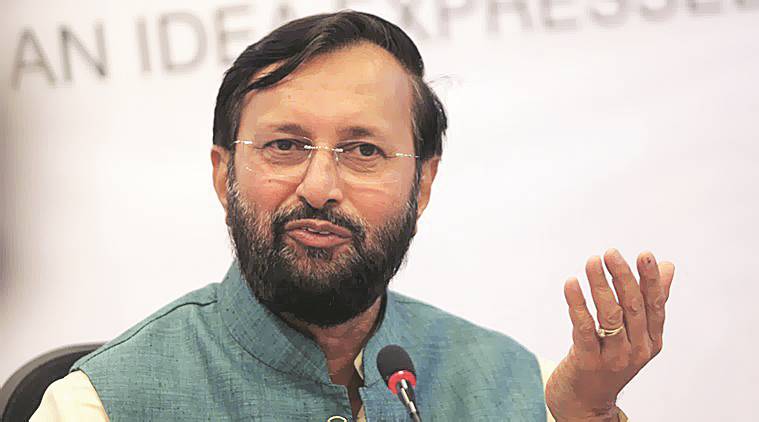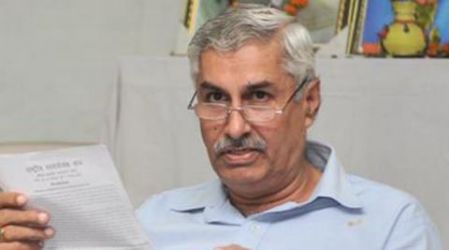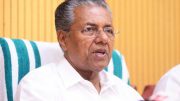Human resource development (HRD) minister Prakash Javadekar had a close door meeting with the the Rashtriya Swayamsevak Sangh (RSS), and some of its affiliate organisations like the Akhil Bharatiya Vidyarthi Parishad (AVBP), Rashtriya Shaikshik Mahasangh, Bharatiya Shikshan Mandal, Vidya Bharati, Shiksha Bachao Andolan, Sanskrit Bharati and Itihas Sankalan Yojana, to seek their suggestions on the draft national education policy (NEP).
BJP president Amit Shah was also present at the meeting.
ABVP national joint organising secretary K.N. Raghunandan told that they want a national commission for education on the lines of the Election Commission of India. The earlier HRD minister (Smriti Irani) accepted their suggestion and included it in the draft policy. But now they don’t want the same.
“We suggested that the commission should have certain mandatory powers along with some powers to suggest to the states on their education policies. The governments and HRD ministers will come and go but the policies should continue. We wanted a commission which will ensure that. But the commission in the draft policy says it should give a report to the parliament every two and a half years on the state of education. Apart from it, it has no other powers,” Raghunandan added.
Highlights of Education Policy:
- States will be encouraged to ensure that the Right to Education Act is extended well enough to cover secondary education. Beyond this, expansion of open schooling facilities has been suggested in order to help drop-outs and working children who cannot find the space to attend formal schooling.
- A National Fellowship Fund to support fees, material and living expenses for 1,000,000 students will be created to cater to economically weaker sections, with separate national talent scholarships in all subject areas for meritorious students.
- Under the aim of equity, curriculum reform is being undertaken with broad goals of ‘social cohesion, religious amity and national’ integration and will include teaching students their fundamental rights and duties in order to be responsible citizens. The curriculum will specifically cover issues of social justice (like gender, social, cultural and regional disparities) and their means of redressal but with an express emphasis also on ‘unity in diversity.’
- opens up the possibility of ‘alternate’ schools which offer interventions for particularly deprived children, like those migrating or under difficult circumstances.
- Multilingual education will be offered at several levels to aid tribal students who lack familiarity in the regional language/language instruction.
- At the preschool level priority programs for children in the age group of four to five years alongside the Ministry of Women and Child Development and training of cadres of pre-primary teachers at the State Government level. While a common national curriculum will be developed in science, mathematics and English, in other subjects
- Teachers at all levels of school education will be given a thorough module covering child rights and the stipulations in place as well as what constitutes a violation as part of their training programs. This will be supplemented by self-learning online programs for students and parents on similar themes.
- Beyond the upper primary stage, the current policy of ‘no-detention’ (not detaining students in a grade if they have not acquired adequate marks to advance) will be removed and instead be replaced with a policy of identifying weaker students and providing remedial instructions.
- The entire 43-page report has been made available for public comments until the end of the month.
Also read article Opposition to new Education Policy is gaining momentum





Be the first to comment on "Prakash Javadekar had meeting with RSS for Education Policy"